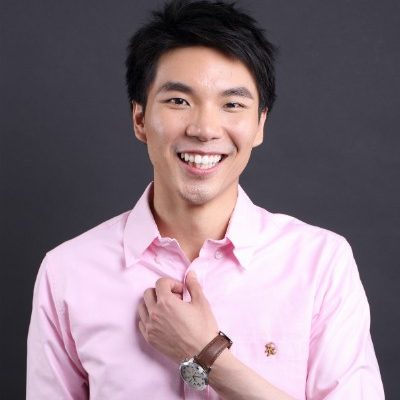Sincere Tung
Music Therapist, Hong Kong
1. How are you applying your degree in music therapy from Concordia?
The professors helped deepen my understanding of how different music therapy methods benefit a variety of populations. Their clinical and personal experiences strengthened my knowledge in various areas, including improvisation, research and counseling skills, as well as self-care and self-awareness. These techniques are very useful and practical for the populations that I serve. Although the Asian community is slightly less receptive than many Western countries to treating their mental and emotional challenges with Creative Arts Therapies, I am seeing an increasing number of people who are willing to consider music therapy as a non-pharmaceutical therapy option.
2. What do you value most from your Concordia music therapy experience?
Even though their work schedules were hectic, professors always made themselves available for students and reached out to us when we needed assistance. Their caring, friendly attitudes and strong work ethic motivated me to emulate them so I could assist others like they supported me during my studies.
3. What advice would you give to someone considering advanced music therapy training?
Music therapy isn't a simple job, because it requires much more than just musical talent. It requires the acquisition of unique technical skills; yet it also requires one to have an empathetic heart where they can serve others with kindness and humility. The Masters in music therapy was such an enlightening experience for me. It deepened my knowledge and helped me to discover who I truly am as a therapist and as a person.

